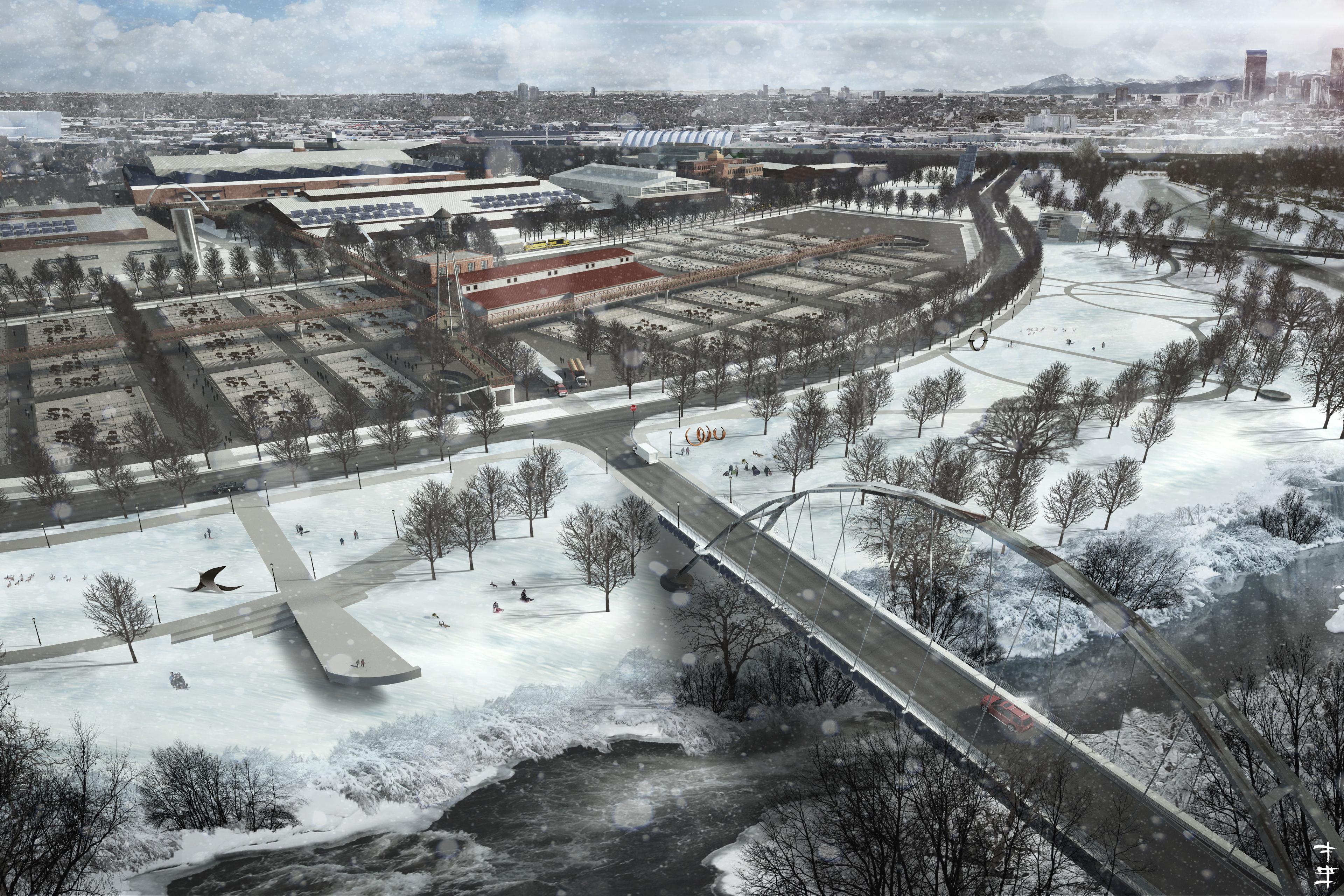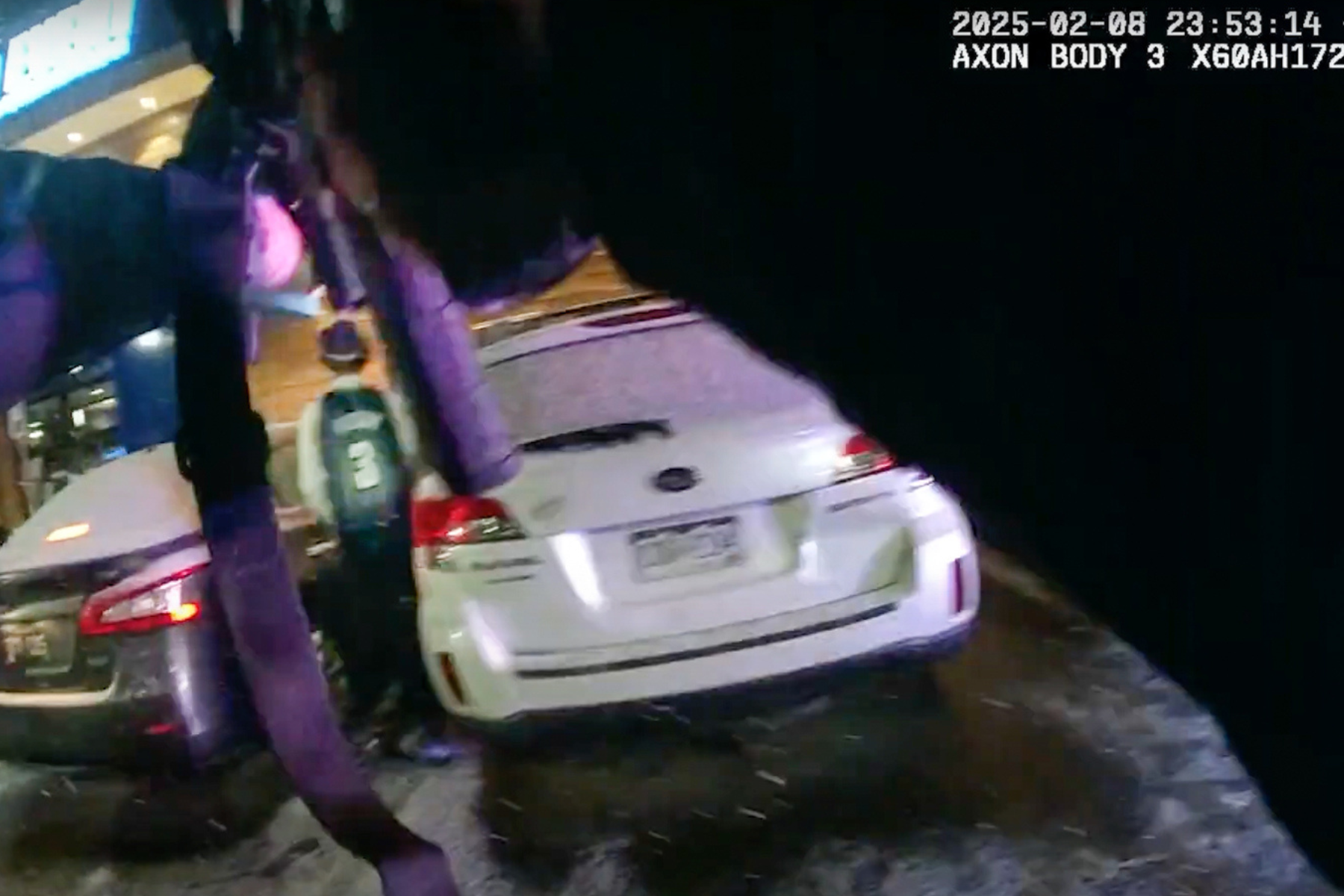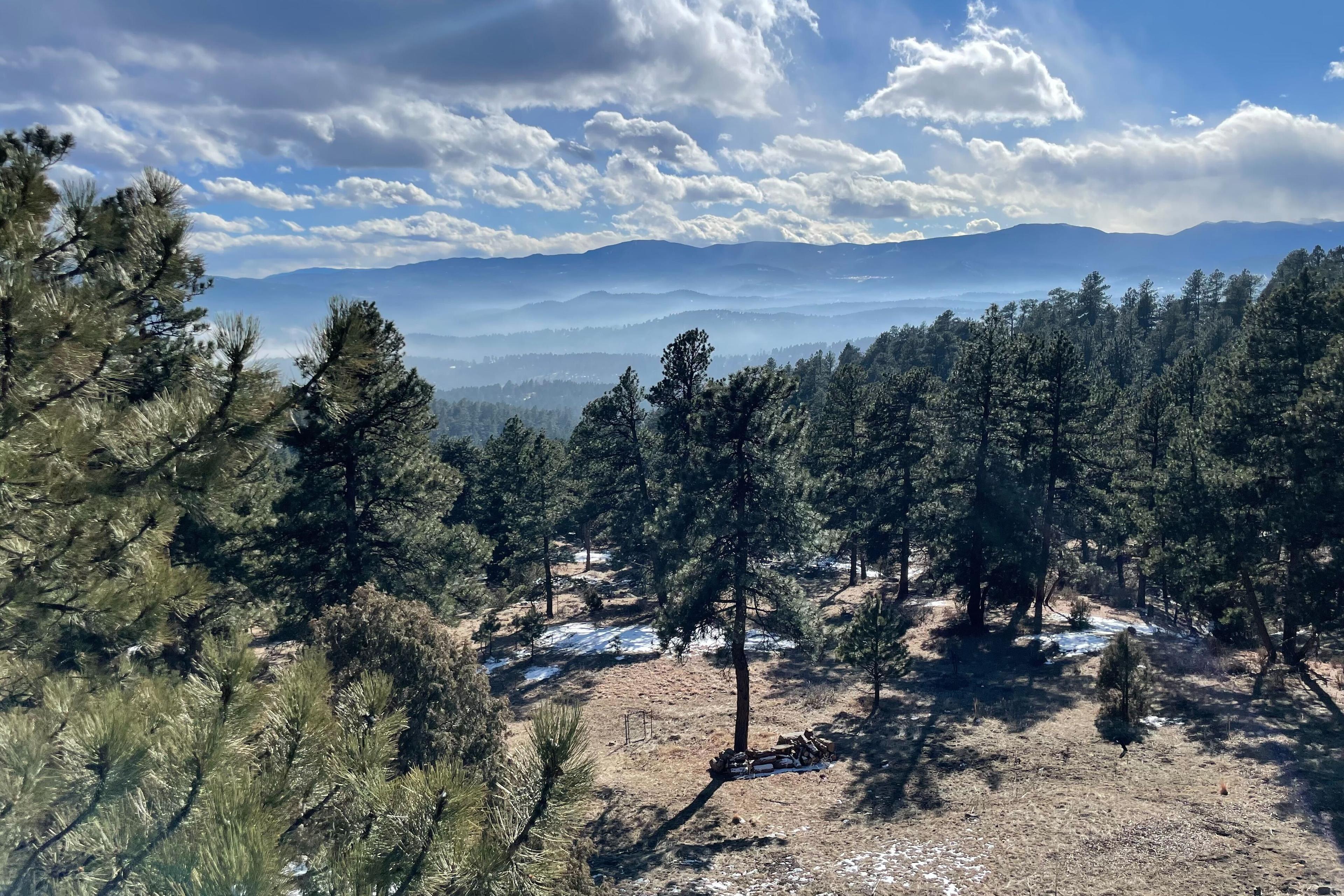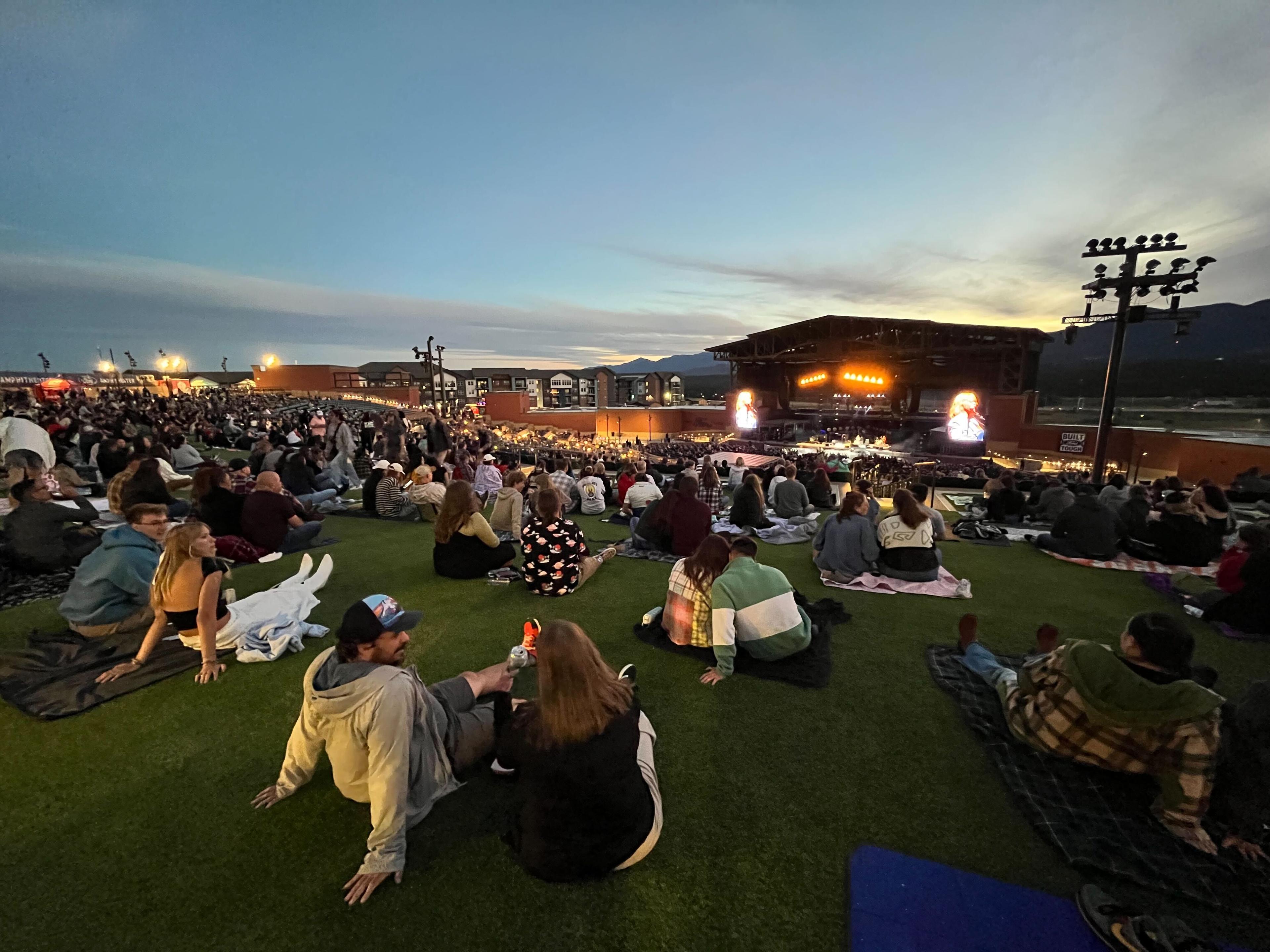

A portion of the $1 billion overhaul of Denver’s National Western Stock Show could be held up over a few miles of old railroad.
A federal lawsuit from the Denver Rock Island Railroad, a local rail operator, accuses the city of threatening to unlawfully move the rail lines by eminent domain.
Denver Rock Island Railroad, which ships cargo for commercial companies, filed the case last week in Denver’s U.S. District Court after a year and a half of negotiations with the city broke down.
Attorneys for the railroad couldn’t explain why the city cut off negotiations, and said their clients are left baffled as only a few issues remained unresolved.
The city wouldn’t elaborate either.
“While we cannot comment specifically on legal matters,” Denver spokesperson Jenna Espinoza-Garcia said in a statement to CPR News. “I can tell you the Mayor's Office of the National Western Center is focused on two primary objectives related to rail: re-establishing access to the river and improving rail safety on campus.”
At issue is about four miles of rail on the western edge of the stock show complex that has been in use for more than a century. The city was in negotiations with the Denver Rock Island Railroad to move that track to nearby BNSF and RTD rail lines in order to create an open space at the South Platte riverfront.
Negotiations included, among other things, payments the city would make to the Denver Rock Island Railroad to ensure the rail line could acquire replacement facilities to carry out obligations to customers, according to the lawsuit. Attorneys for the railroad would not comment on how much money was at issue.
But negotiations broke down, and according to the lawsuit, the city knows it can’t seize the rail lines as long as there are shipping companies and rail customers using them.
So, the city “is undertaking efforts through negotiations and threats of condemnation to eliminate shippers and customers from using” the lines adjacent the stock show complex.
The city is in the early stages of a massive rebuild of the National Western Center as a year-round research and event hub. In 2015, voters approved extending lodging and car rental taxes to make up the lion's share of funding for the project. The city will contribute more than $600 million to the project, which is expected to be finished by 2024.








